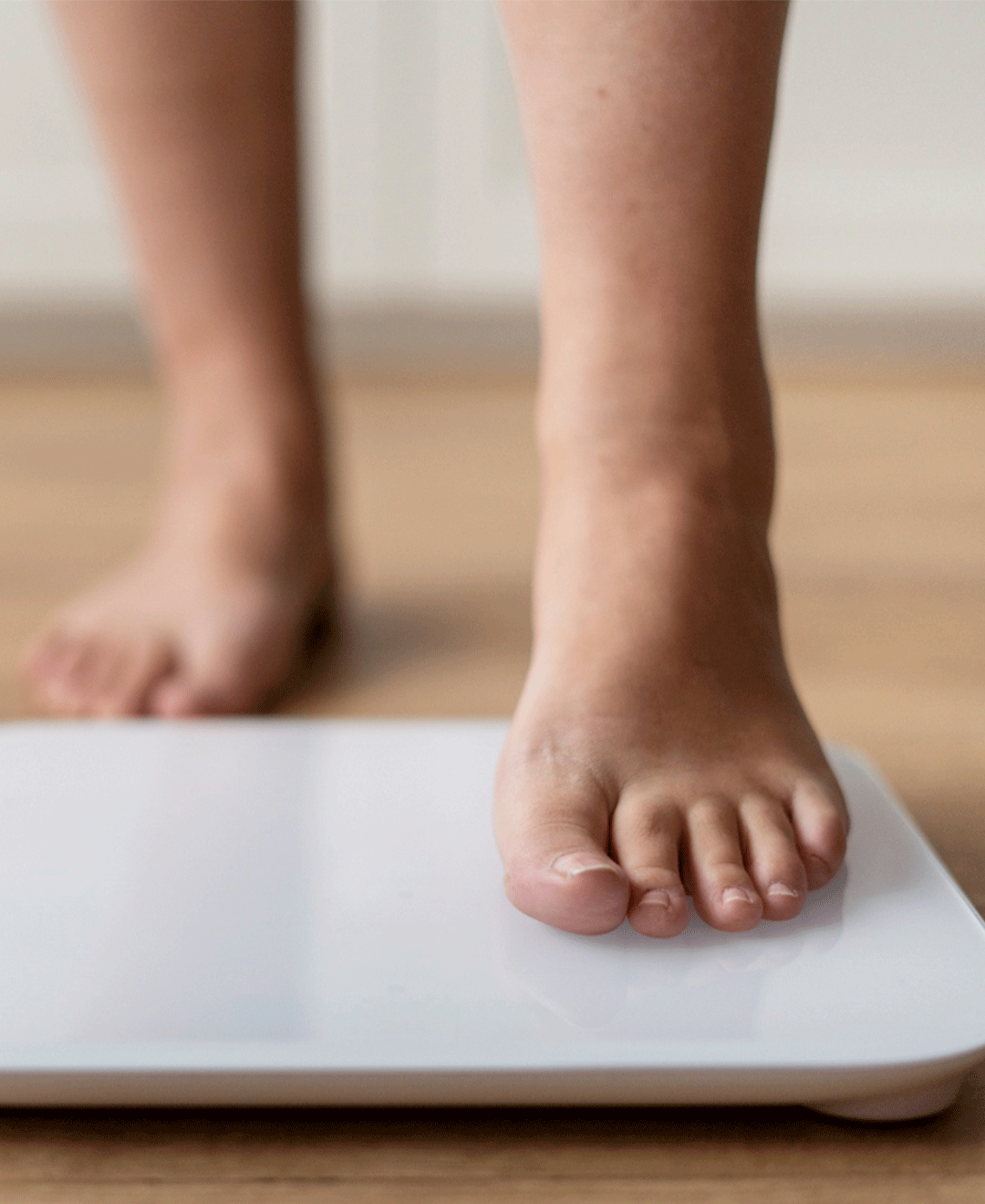
Celebrating Self-Care: Understanding Its Vital Role

Celebrating Self-Care: Understanding Its Vital Role
Self-care is defined by the Wordl Health Organization (WHO) as “the ability of individuals, families, and communities to promote health, prevent disease, maintain health, and cope with illness and disability with or without the support of a health care provider.”
When discussing self-care, it’s clear that practicing it can significantly prevent the onset of new diseases. According to a 2015 report by the WHO, responsible self-care can prevent 75% of heart attacks and type 2 diabetes cases and reduce cancer cases by 40%.
In commemoration of International Self-Care Day on July 24, Aesthetic and Wellness Clinic invites everyone to practice self-care at every stage of life. This practice helps to avoid and/or detect diseases early.
In health, self-care consists of recommendations made to the population, framed in early detection and specific protection, about a series of actions that one can take to avoid or mitigate health risks, focusing on reducing risk factors related to lifestyle habits such as smoking, alcohol consumption, sedentary lifestyle, unbalanced diet, poor sleep quality, self-medication, absence of follow-up medical consultations, among that have been related to the appearance of multiple diseases.
How can we practice self-care?
- Consulting at least every six months with a general or family practitioner.
- Staying active by regularly engaging in physical activity.
- Eating healthily and staying hydrated.
- Controlling blood sugar levels and blood pressure.
- Avoiding smoking and the consumption of psychoactive substances, including alcohol.
- Keeping up to date with the vaccination schedule depending on the stage of life, whether you are a child, young person, adult, or senior.
- Being aware of any signs or symptoms and performing self-examinations at home (e.g., breast self-exams).
- Avoiding self-medication, whether due to dangerous interactions between medications or excessive consumption of them.
- Practicing hand hygiene, as it is one of the most effective strategies to prevent or contain diseases such as gastroenteritis or eye infections from touching your eyes with contaminated hands.
- Maintaining proper sleep hygiene. Sleeping well is vital for the proper functioning of the body.
By adopting healthy lifestyle habits and being aware of any symptoms or signs of disease, we can protect our organs, ensuring they continue to work to keep us healthy and full of well-being.




